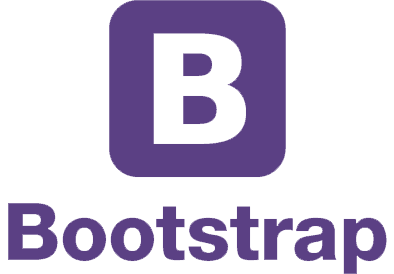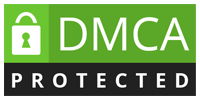In the vast digital landscape, every website, server, or service needs a unique address to be found on the internet. Just like a mailing address helps you find a house, a Fully Qualified Domain Name (FQDN) helps systems identify and communicate with each other across the web.
🔍 What is an FQDN?
A Fully Qualified Domain Name (FQDN) is the complete and most specific version of a domain name that uniquely identifies a host within the Domain Name System (DNS) hierarchy.
www.example.com.
Breaking it down:
www – the hostname or subdomainexample – the second-level domaincom – the top-level domain (TLD)- The trailing
. (often implicit) represents the root of the DNS hierarchy
So, an FQDN tells you exactly where a specific resource resides in the DNS structure.
🧠 How is it Different from a Domain Name?
While all FQDNs are domain names, not all domain names are FQDNs. A simple domain like example.com is not an FQDN because it does not specify the host.
| Type | Example | Description |
|---|---|---|
| Domain Name | example.com | General identifier |
| FQDN | www.example.com. | Exact host address in DNS |
1. Website Hosting
- Hosting providers use FQDNs to map domain names to the exact server where a website is stored.
- e.g., blog.mywebsite.com points to the blog section of your site.
2. Email Servers
- Mail servers use FQDNs to send and receive messages securely and correctly.
- e.g., mail.google.com or smtp.office365.com.
3. SSL Certificates
- SSL/TLS certificates are issued for specific FQDNs to secure communication.
- A certificate for example.com will not secure shop.example.com unless a wildcard is used.
4. Internal Networks
- Within corporate or private networks, FQDNs help identify different servers (e.g., intranet.local.companyname.com).
5. DNS Configuration
- FQDNs are essential when configuring DNS records like A, MX, CNAME, or TXT records.
6. Remote Access & Cloud Services
- Remote desktop tools, APIs, and cloud services use FQDNs to direct traffic to the right servers and services.
⚠️ Why FQDNs Matter
- Precision: They provide unambiguous paths to servers or services.
- Security: Many authentication mechanisms rely on specific FQDNs.
- Scalability: In complex environments like microservices or distributed systems, FQDNs maintain order and structure.
- Professionalism: Custom FQDNs like
portal.companyname.comoffer branding and trust.
🧩 Best Practices for Using FQDNs
- Always include the full path when setting up DNS or network configurations.
- Avoid unnecessary changes to FQDNs to maintain consistency.
- Use descriptive hostnames that align with their function (
api.example.com,fileserver1.company.com). - Regularly audit your DNS entries to ensure all FQDNs are active and secured.
✅ Final Thoughts
FQDNs are the backbone of reliable and secure internet and network communication. Whether you're managing a simple blog or a complex enterprise infrastructure, understanding and correctly using Fully Qualified Domain Names is essential. They help ensure your resources are discoverable, secure, and properly connected in a world increasingly dependent on digital precision.













.gif)
0 Comments